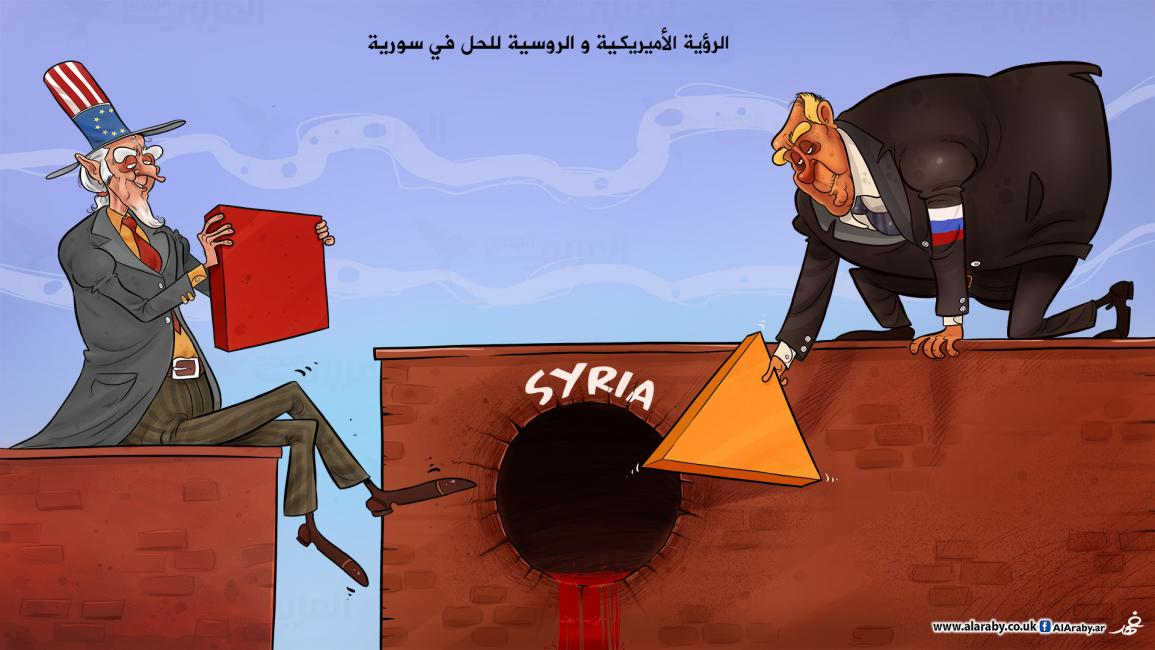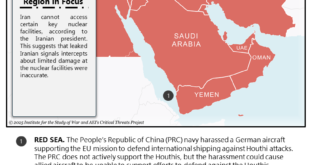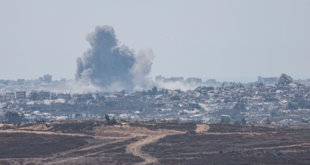In an unusual precedent in the history of Russian-American relations, US President Joe Biden, in a television interview, described his Russian counterpart, Vladimir Putin, as a “murderer.” This escalation against Putin has left many comfortable, especially since President Biden did say the truth, for Putin is a murderer indeed.
Biden’s words bring about a short-term emotional charge and long-term consequences for Syria.
Some believe that Biden’s hard-line stance against Putin will contribute to limiting the Russian role, which has flattened in Syria and the whole region, due to the fact that the US turned a blind eye towards the region during the Trump administration. However, some forget the fact that the Russian role in the region did increase — including the intervention in Syria — during the Obama-Biden era, and that Russia burned down, before their eyes, entire Syrian cities. Do you remember, for example, eastern Aleppo between July and December 2016? The most important thing that we must not miss is that Syria paid the highest price for the Russian-American conflict in Ukraine in 2014.
At that time, the Obama administration decided to deal a devastating blow to the Eurasian Union project, which was the pinnacle of Russia’s economic and strategic ambition. President Putin had been planning to establish an economic-political union, modeled on the European Union, including Belarus, Kazakhstan, and Ukraine, the crown jewel in his project, without which the Eurasian Union would not exist. Putin brought his allies to power in the general elections in 2010, after he had lost in the 2004 Orange Revolution. In late 2013, Washington funded and supported protests that led to the downfall of Moscow’s ally, Ukrainian President Viktor Yanukovych. Putin responded by invading eastern Ukraine and annexing Crimea. In turn, Washington responded by imposing sanctions on Russia. Putin could not tolerate the fact that Washington treated his country as a third-world country by imposing sanctions, so he decided to respond, in Syria.
Consequently, Putin obstructed the Geneva negotiations, which were supposed to be launched under UN Security Council Resolution 2118, which ratified the agreement on the delivery of the Syrian regime’s chemical weapons, and was reached between Putin and Obama in September 2013 during the St. Petersburg Summit which brought together the twenty major economies in the world. Moreover, Putin decided to abandon his opposition to holding presidential elections in Syria, before reaching a political agreement, and to support the 2014 elections. With the Russian-American relations reaching rock bottom, Putin decided to deal a major blow to Obama by intervening militarily in Syria.
The deterioration of US-Russian relations may not necessarily lead to reaching a political solution to the Syrian issue. On the contrary, this may lead to a deterioration of the situation on the ground, as evidenced two days ago when Russia bombed the Al-Atareb Surgical Hospital in western Aleppo, Northwest Syria. It is believed that the bombing is linked to the new tension in the relationship between Putin and Biden.
Finally, since our role, the Syrians is limited to working as political observers and analysts of possible transformations in the relations of the states that affect our cause, I hope God blesses us with the will to act and to properly analyze what they are doing to us.
 Eurasia Press & News
Eurasia Press & News



